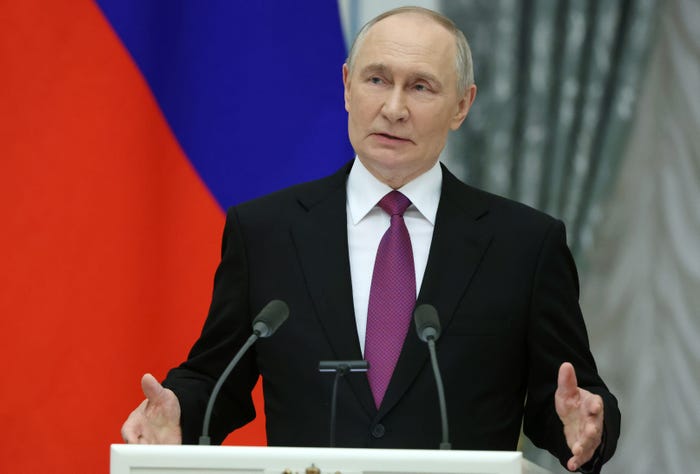
UPDATE: Russia’s oil revenues have plummeted a staggering 27% as new U.S. sanctions tighten their grip on the Kremlin, crippling its financial resources during an already critical time. Official reports from the Finance Ministry reveal that Moscow’s oil and gas tax revenue fell to 888.6 billion rubles, or approximately $10.9 billion in October 2025, down from nearly 1.2 trillion rubles in the same month last year.
This sharp decline comes as Russia grapples with weak crude prices, a stronger ruble, and increased Western pressure following the invasion of Ukraine. Over the first ten months of this year, oil and gas revenues totaled 7.5 trillion rubles, representing a significant drop of 2 trillion rubles, or 21%, compared to the previous year.
The financial strain on Russia’s economy is exacerbated by recent sanctions imposed by the U.S. Treasury Department, aimed at major oil companies Rosneft and Lukoil, which together are responsible for nearly 3 million barrels per day—almost half of Russia’s seaborne oil exports.
Despite initial market fears that these sanctions might disrupt global supply and spike oil prices, current trading shows otherwise. U.S. West Texas Intermediate futures are hovering around $60 per barrel, while international Brent crude sits near $64. Both prices have decreased by approximately 15% this year, reflecting abundant supply and tepid demand.
Industry analysts warn that Russia will likely have to slash oil prices to attract buyers, as the new sanctions introduce complex compliance risks. Bridget Payne, head of energy forecasting at Oxford Economics, noted that the additional costs related to insurance and financing create what she terms a “sanctions premium” on Russian crude oil, widening its discount to international benchmarks and further eroding Moscow’s revenue.
In a recent report, Warren Patterson, head of commodities strategy at ING, stated that the absence of significant price impacts indicates that the market does not expect substantial loss in supply from Russia. However, as the Kremlin’s fiscal strain intensifies, the situation remains critical.
The Russian economy showed a modest growth of 0.6% year-on-year in the third quarter of 2025, a decline from 1.1% in the previous quarter. This slowdown follows a wartime boom fueled by government defense spending and subsidies, highlighting the growing financial challenges facing President Vladimir Putin‘s administration.
As the U.S. continues to seek diplomatic solutions in Ukraine while tightening sanctions, the pressure on Russia’s economy is expected to mount. President Donald Trump has expressed frustration over the stalled progress in talks with Putin, stating, “Every time I speak to Vladimir, I have good conversations, and then they don’t go anywhere.”
With the stakes rising, the international community will be watching closely as Russia navigates these challenges. The implications of these developments on global energy markets and geopolitical stability are profound, making this a story that demands immediate attention and analysis.
Stay tuned for further updates as the situation evolves.






